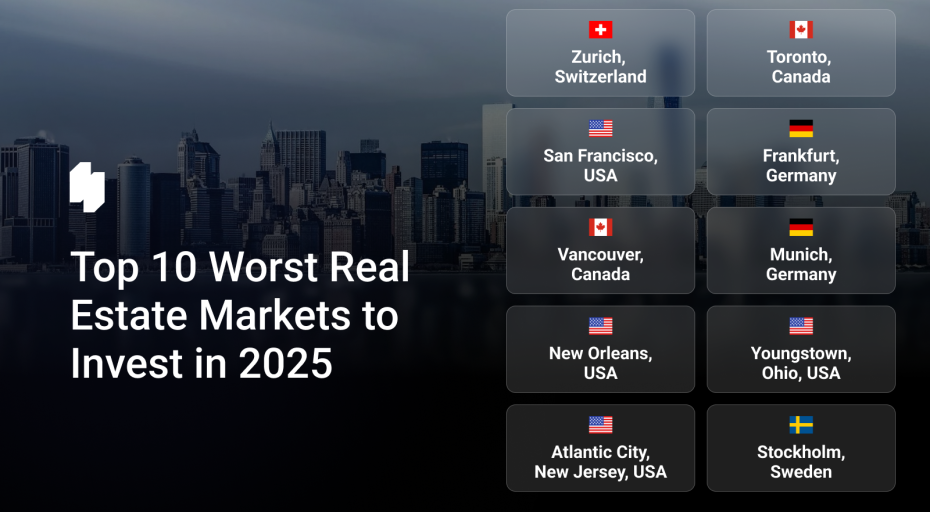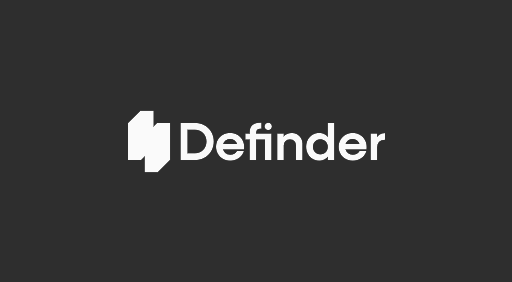SEC Wants To Expand Public Access to Private Capital
The news has gone viral overnight, and this time the SEC gets three cheers from us as well as the rest of the proactive members of the financial community. If you spent the last 24 hours under a rock, know that the US regulator finally wants to expand universal access to private funds for retail investors.
The move underlines a broader trend across the regulatory landscape and aims to modify rules for the benefit of the financial markets at large – definitely good news for Smartlands as we put huge efforts into gaining a foothold in the US.
Naturally, the proposal to give ordinary investors greater access to hedge funds and shaky private offerings is met with major scrutiny from consumer advocates, and, given what’s at stake, it’s perfectly understandable. Basically, SEC wants to make it easier for regular people to tap into funds that are exempt from SEC registration by loosening the definition of a sophisticated investor – a category now confined to high-net-worth individuals deemed savvy enough to handle more advanced financial products.
As things stand now, individuals known as “accredited investors” have special access to high-yielding – and higher risk – hedge funds, private equity pools and private placements in which stocks or bonds are sold inside a circle of LPs and subject to few SEC regulations.
The proposal, if accepted, would help create a new pool of investors for private offerings. The trend is clear: people want in. Just last month, the SEC proposed placing proxy advisory firms that make recommendations to shareholders on such tricky issues as executive pay and climate change under a tighter grip by regulators – a huge victory for the industry.
The proponents of the SEC proposal say it will benefit many Americans in search of higher returns and, as far as we can tell, the SEC shows no intention to relax the existing regulatory framework in order to accommodate the proposed developments. We just need to keep in mind that the private market was and remains riskier than public offerings, and some of the new participants will be ill-prepared to face the “no free lunch” adage.
Yaroslava Tkalich, Smartlands CMO comments that “Smartlands as a platform for issuing regulated digital securities welcomes SEC’s move. We are now devising a legal framework to work in the US so the news is especially timely. Just recently we partnered with a FINRA-licensed broker-dealer and opened investment opportunities for accredited US investors. We believe that fractional ownership enabled by the blockchain technology can help drive the global financial inclusion and unlock access to wealth for more people, globally.”
The majority of market participants, including industry groups and asset managers, support the proposal saying the current definitions are too restrictive. We too think that as private capital raises continue to explode and public investment options diminish, retirement account managers and a large number of government entities have increasingly limited options to manage financial assets.
Again, the boom in private capital is a strong impetus for the changes: The SEC pointed out in a public call for comment in June that registered public offerings accounted for $1.4 trillion of new capital raised in 2018 whereas private placements brought in $2.9 trillion. If you as a retail investor will be able to gain access to this capital due to the measure proposed by the SEC, well, things are going to start to look a lot brighter for everyone involved!





